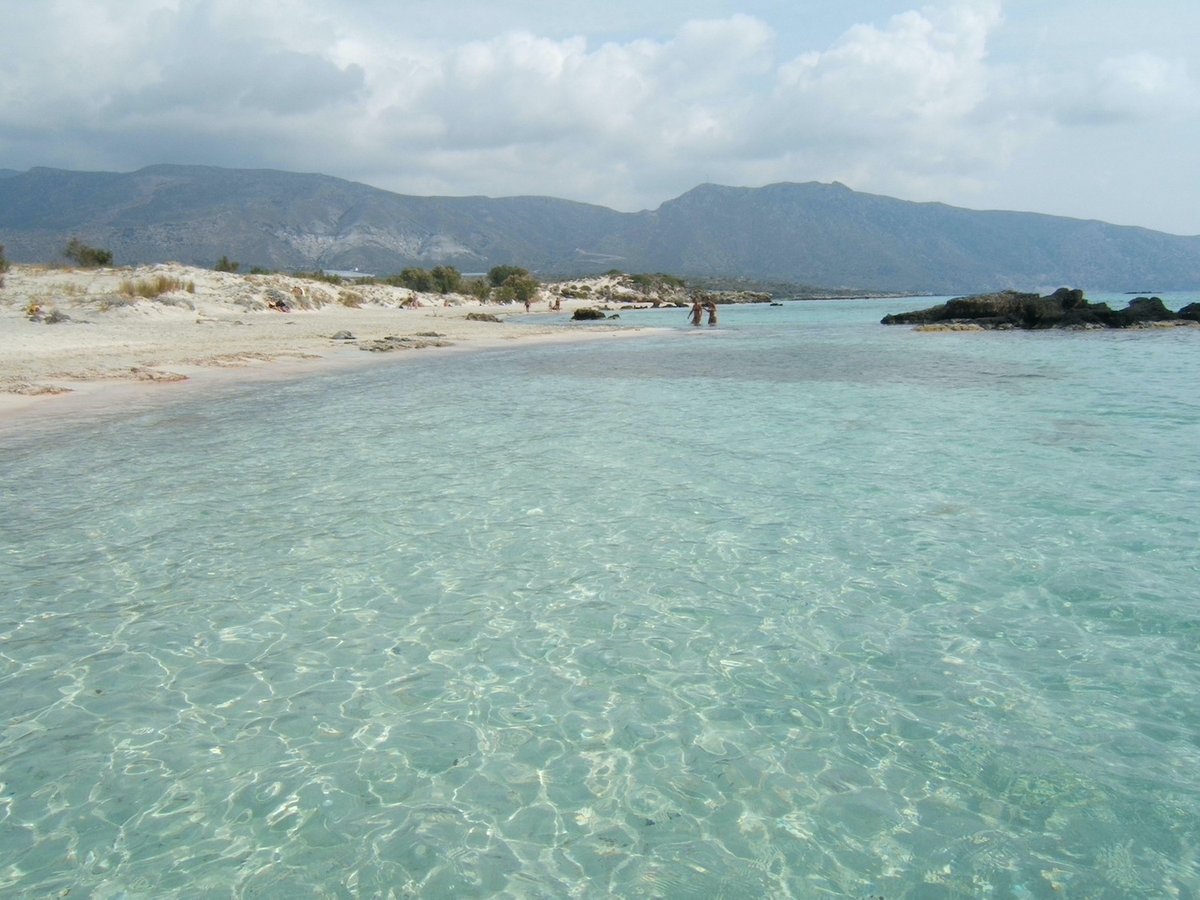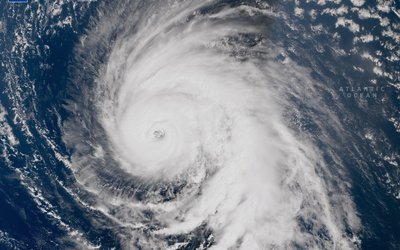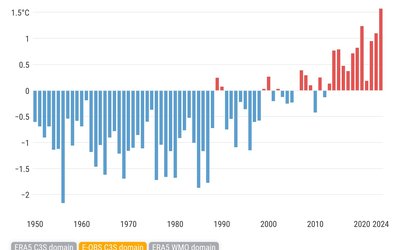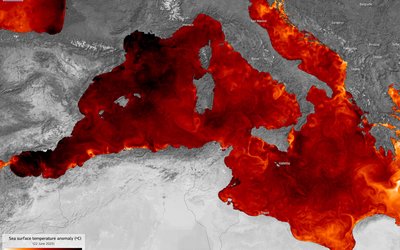
Definition of summer
A straightforward way to define the summer is the time of the year when daily near-surface air temperature exceeds a certain threshold. However, this definition would neglect the fact that people at different latitudes, for instance in Northern and Southern Europe, have different perceptions of a summer day simply because they are used to different climates. For a Scandinavian, 22°C may feel like a summer day, for somebody in Spain this may feel like summer has not arrived yet.
15 days longer summer so far
A better way to define summer is to use relative thresholds, such as the moment when the daily mean temperature is above the 75th percentile of daily mean temperature in a certain period. When this definition is used, the average summer length in the Northern Hemisphere was 115 days in 2014. So far, global warming, reaching a 1°C global surface mean temperature increase in 2014, has led to a 15 days summer length increase during 1961–2014 according to observations.
Half a year summer in 2100?
Model simulations indicate that the average summer length in the Northern Hemisphere will increase by 20% under a moderate scenario of climate change and by 50% under a high-end scenario of climate change by the end of this century, compared with 2014. Under the high-end scenario the summer would last for nearly half a year in 2100. These summer length increases correspond to an increase by 0.38 and 0.59 days/year under the moderate and high-end scenario of global warming, respectively.
Source: Lin and Wang, 2022. Climate Dynamics 58: 2293 – 2307.








